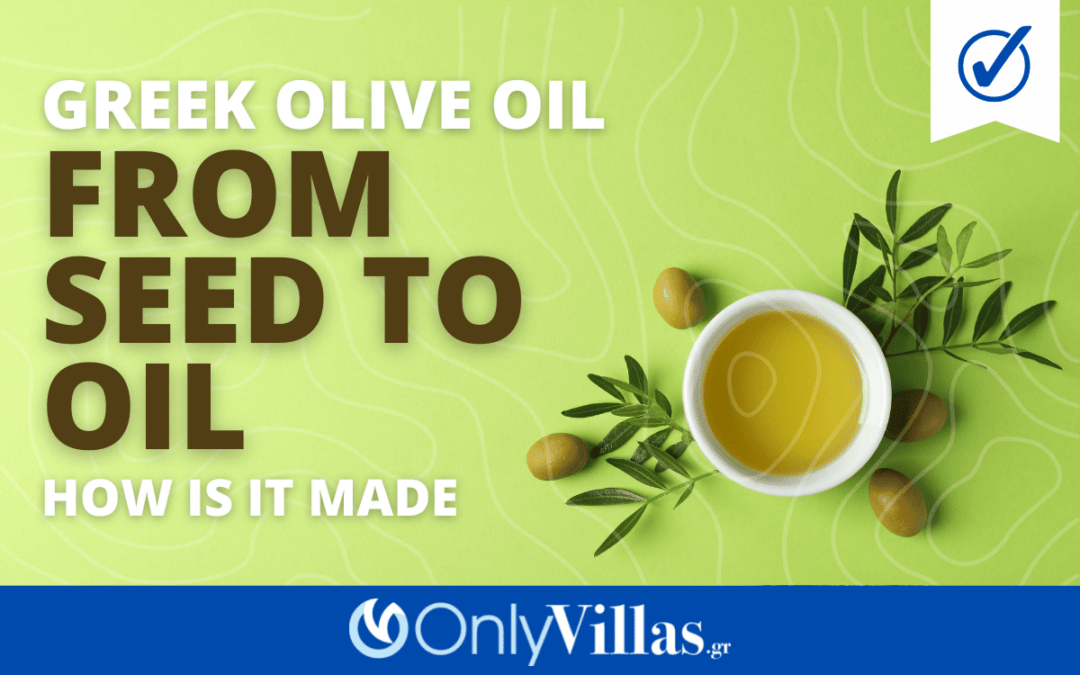
Villa vs. Hotel: Which is Right for You?
Villa vs. Hotel: Which is Right for You?
When it comes to choosing a vacation rental, you may be wondering whether a villa or a hotel is the best option for you. Both have their own unique benefits and drawbacks, so it’s important to weigh up your priorities and consider which type of accommodation is best suited to your needs.
Space and Privacy
One major advantage of staying in a villa is the added space and privacy that you’ll have. Villas often come with multiple bedrooms, living areas, and outdoor spaces, so you’ll have plenty of room to spread out and relax. Many also have private pools and outdoor kitchens, which can be great for families or groups of friends. Plus, villas often offer a more secluded and peaceful setting, which can be perfect for a relaxing getaway.
Self-Catering Options
Another benefit of staying in a villa is the ability to self-cater. Most villas come with a fully equipped kitchen, so you have the option to cook your own meals if you don’t feel like eating out every day. This can be particularly appealing for families with young children or for those who have specific dietary needs. Plus, self-catering can save you money on meals, as you won’t have to pay for every meal at a restaurant.
Amenities and Facilities
On the other hand, hotels often offer more amenities and facilities, such as fitness centers, spas, and restaurants. They also often offer room service, so you can have meals delivered to your room if you don’t feel like leaving the hotel. Hotels may also have a more central location, making it easier to access local attractions and activities. Plus, hotels usually offer a higher level of service, with a concierge and housekeeping staff on hand to help with any needs or requests you may have.
Flexibility and Control
Another factor to consider when choosing between a villa and a hotel is the level of flexibility and control you have over your vacation. With a villa, you’ll have more control over your schedule and can come and go as you please, as you won’t have to adhere to the same check-in and check-out times as you would in a hotel. However, hotels often offer more organized activities and entertainment options, which can be great for families or those looking for a more structured vacation.
Making Your Decision
Ultimately, the decision between a villa and a hotel will come down to your personal preferences and priorities. If you’re looking for a more private and self-sufficient type of accommodation, with plenty of space and the option to self-cater, a villa may be the right choice for you. On the other hand, if you want the convenience and amenities of a hotel, with room service and a range of facilities on site, a hotel may be a better option.
No matter which type of accommodation you choose, it’s important to do your research and read reviews to find the best option for you. And don’t forget to consider factors such as location, price, and the specific amenities and features that are most important to you. By weighing up all of these factors, you’ll be able to make an informed decision and choose the perfect vacation rental for your needs.
If you also consider a BNB type apartment vs a Villa, we have covered this on another article you can read here.




